Senegal
Senegalese President Macky Sall has announced a 10% drop in the price of electricity “from the first semester of 2017” after the country saw a marked improvement in the supply of electricity thanks in particular to the commissioning of solar power plants.
“I am pleased to announce a 10% reduction in the price of electricity from the first two months of 2017, the terms of which will be set by the electricity regulator,” Sall said in his New Year’s message to the nation on Saturday.
“This reduction will represent a gain of 30 billion CFA (more than 45.7 million euros) in favor of consumers” and it is based on “several achievements”, he said.
“The supply of electricity has improved significantly from 912 hours in 2011, while the average annual cut-off time has been reduced to 73 hours in 2016,” the Senegalese head said.
The national electricity company, Senelec, which had cumulative losses of several million euros, has posted a profit for the third consecutive year since 2014,” Sall said without specifying its budget.
In 2016, Sénélec put into service an additional 270 megawatts (MW), more than half of its cumulative capacity in 2015, which was 510 MW.
This has made it possible to improve considerably the quality of the service and give thousands of Senegalese access to electricity, Sall noted.
He also recalled the recent commissioning of solar power plants in Bokhol (north of the country) and Malicounda (west), and “six other solar and wind projects” which are to be “completed by 2018”.
Sall also spoke of recent gas and oil discoveries in Senegal, which he said offered the country “new opportunities” for its “energy independence”.
Senegal has in the past faced a serious electricity crisis which resulted in regular cuts that reached a significant peak in 2010-2011.
These cuts, known as electric “load shedding” – and which have been scarce since then – were, according to the authorities, due to Senelec’s financial difficulties in obtaining fuel and maintaining equipment that is often dilapidated.
Shedding had regularly led to spontaneous outbursts of anger, sometimes violent, in Dakar and its suburbs, where some 3 million people live, almost a quarter of the total population.





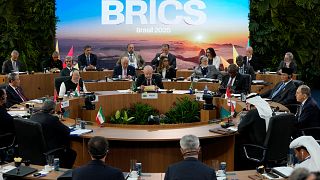
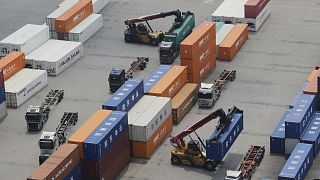
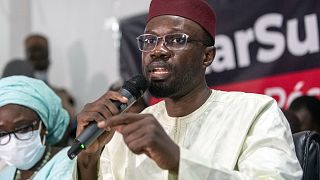
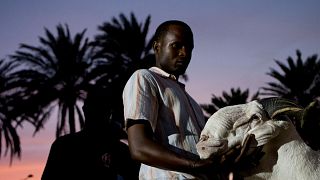



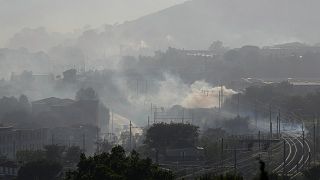
00:58
Senegalese PM Sonko says international order is shifting to a more balanced, multilateral world
01:00
Pix of the Day: July 3, 2025
01:06
China, Senegal pledge stronger strategic partnership during Beijing talks
01:43
TikTok star Khaby Lame plays soccer in Brazil after US detention
01:08
Senegal’s fishing crisis: Overfishing, migration, survival
02:28
Mercury in Senegal mines endangers families